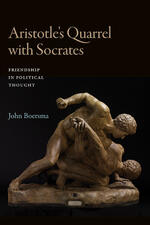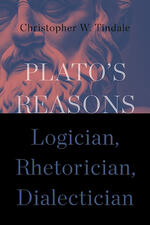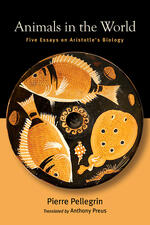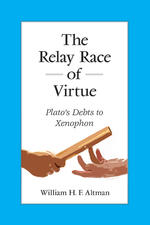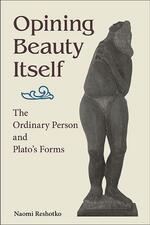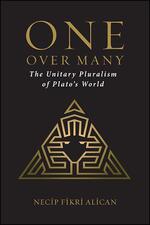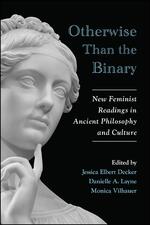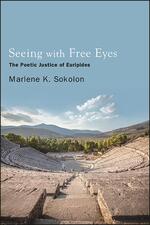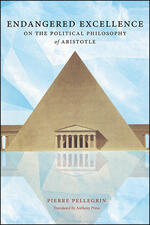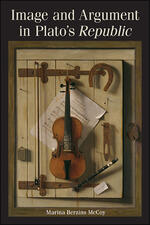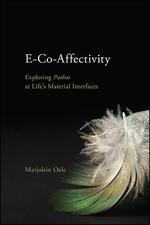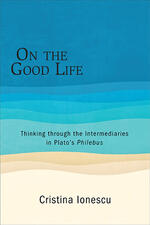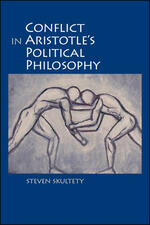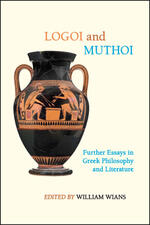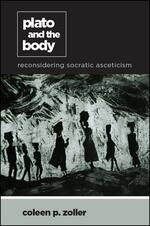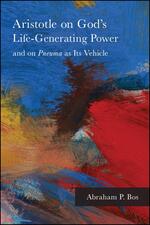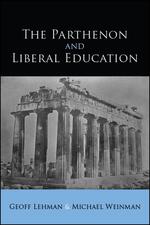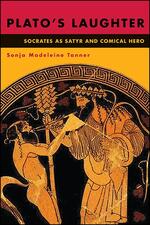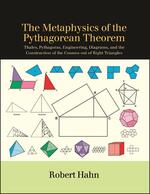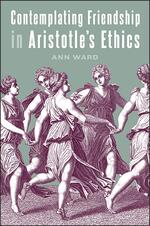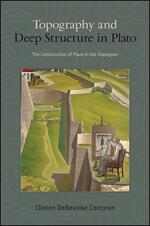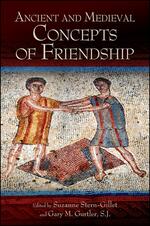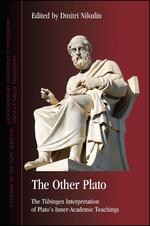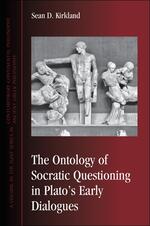SUNY series in Ancient Greek Philosophy
Aristotle's Quarrel with Socrates
Makes the case that the different stances Aristotle and Socrates take toward politics can be traced to their divergent accounts of friendship.
Plato's Reasons
Studies Plato's approach to argumentation, exploring his role as logician, rhetorician, and dialectician in a way that sees these three aspects working together.
Animals in the World
Five innovative essays demonstrating how Aristotle's biology is an integral part of Aristotle's understanding of the universe.
The Relay Race of Virtue
Demonstrates that Plato and Xenophon ought to be regarded less as rivals and more as engaged in a dialogue advancing a common goal of preserving the Socratic legacy.
Opining Beauty Itself
Argues that Plato thinks that ordinary people grapple with the Forms and can make epistemological progress, even if they never achieve knowledge.
One over Many
Corrective intervention in Plato's metaphysics replacing the standard view of Plato as a metaphysical dualist with a novel and revolutionary paradigm of unitary pluralism in a single reality built on ontological diversity.
Otherwise Than the Binary
Examines traditional sites of binary thinking in ancient Greek texts and culture to demonstrate surprising ambiguity, especially with regard to sexual difference.
Seeing with Free Eyes
Examines the ideas of justice in Euripidean tragedy, which reveals the human experience of justice to be paradoxical, and reminds us of the need for humility in our unceasing quest for a just world.
Endangered Excellence
A fresh look at Aristotle’s political theory with attention to the resonance of his thought for contemporary concerns.
Image and Argument in Plato's Republic
Argues that images are at the heart of the dialogue’s philosophical argumentation.
E-Co-Affectivity
Offers an interdisciplinary investigation of affectivity in various forms of life.
Being Measured
Advances an interpretation of Aristotle’s theory of truth in terms of accurate measurement.
On the Good Life
Argues that mediation is a central theme in this Platonic dialogue dedicated to the exploration of what it means to live a good life.
Conflict in Aristotle's Political Philosophy
Offers a careful analysis of how Aristotle understands civil war, partisanship, distrust in government, disagreement, and competition, and explores ways in which these views are relevant to contemporary political theory.
Logoi and Muthoi
Essays on Greek philosophy and literature from Homer and Hesiod to Aristotle.
Plato and the Body
Offers an innovative reading of Plato, analyzing his metaphysical, ethical, and political commitments in connection with feminist critiques.
Aristotle on God's Life-Generating Power and on Pneuma as Its Vehicle
Proposes an innovative rethinking of Aristotle’s work as a system that integrates his theology with his doctrine of reproduction and life.
The Parthenon and Liberal Education
Discusses the importance of the early history of Greek mathematics to education and civic life through a study of the Parthenon and dialogues of Plato.
Plato's Laughter
Counters the long-standing, solemn interpretation of Plato’s dialogues with one centered on the philosophical and pedagogical significance of Socrates as a comic figure.
The Metaphysics of the Pythagorean Theorem
Explores Thales’s speculative philosophy through a study of geometrical diagrams.
Contemplating Friendship in Aristotle's Ethics
Examines how Aristotle posits political philosophy and the experience of friendship as a means to bind strictly intellectural virtue with morality.
Topography and Deep Structure in Plato
A literary and historical analysis of the structure and meaning of recurrent symbols, images, and actions employed in Plato’s dialogues.
Ancient and Medieval Concepts of Friendship
Charts the stages of the history of friendship as a philosophical concept in the Western world.
The Other Plato
Collected writings on Plato’s unwritten teachings.
The Ontology of Socratic Questioning in Plato's Early Dialogues
A provocative close reading revealing a radical, proto-phenomenological Socrates.
